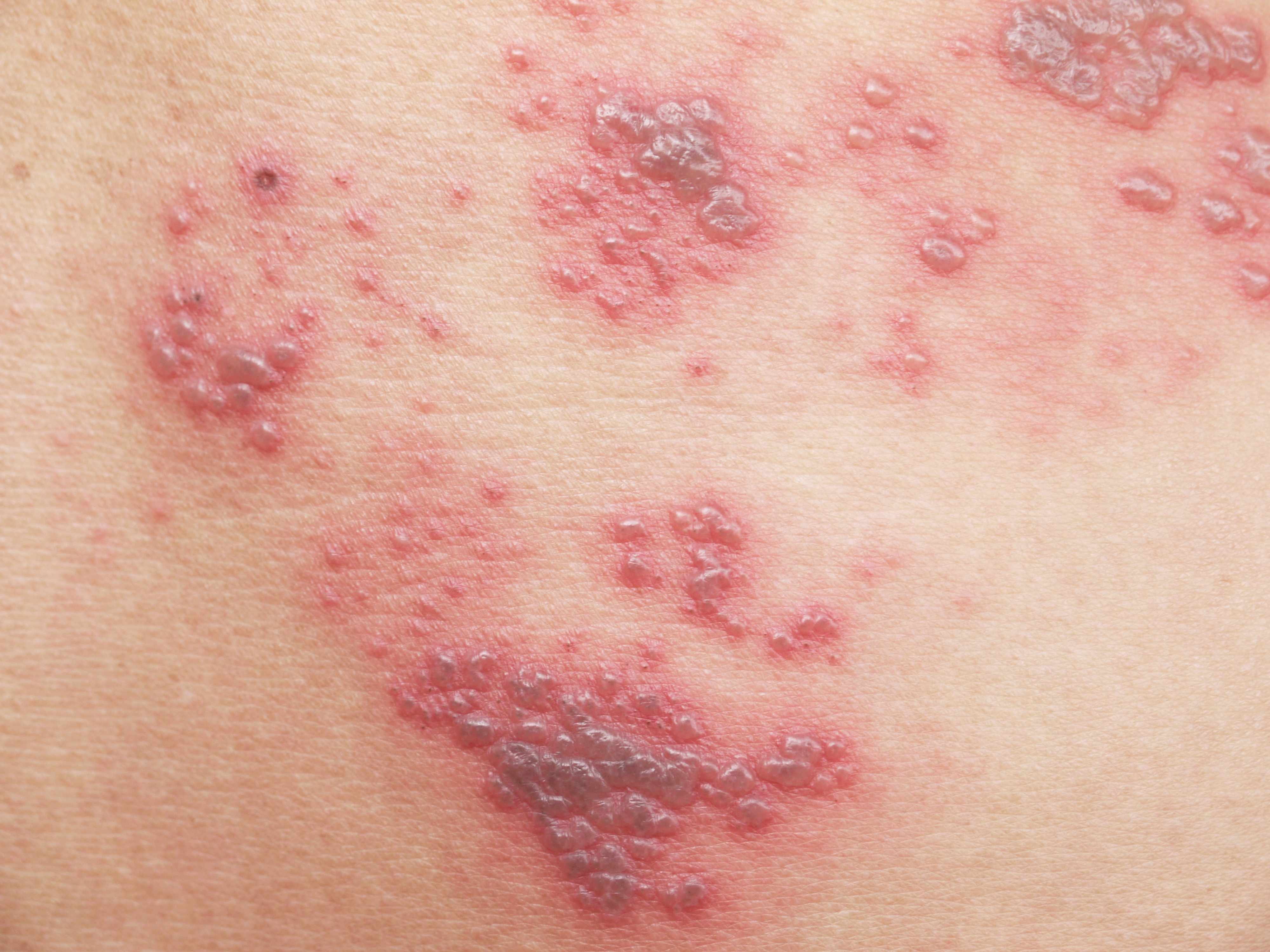-
Mayo Clinic Q and A: Vaccine recommended for older adults even if they’ve had shingles

DEAR MAYO CLINIC: I am a healthy 78-year-old man and have never had shingles or the shingles vaccine. I did have chickenpox when I was a child. Is the shingles vaccine something you would recommend for someone like me? What are the side effects of the vaccine?
ANSWER: Once you have had chickenpox, the virus that causes it — called the varicella-zoster virus — stays in your body for the rest of your life. That virus can be reactivated at any time, causing shingles. The Centers for Disease Control and Prevention, or CDC, recommends that adults age 60 and older get the shingles vaccine, whether you’ve already had shingles or not.
When you get chickenpox, the varicella-zoster virus causes a rash to develop all over your body. Even though it’s itchy and uncomfortable, most people recover from chickenpox without any lasting problems. After the rash goes away, however, the virus remains and goes into hiding in your body’s nerve cells.
As you grow older, when your body is stressed — sometimes because of another infection or perhaps due to medications that suppress your immune system — the varicella-zoster virus can be reactivated. But rather than getting a whole body rash again, you get a rash just in the areas supplied by the nerve where the virus is activated.
Shingles typically involves a band-like rash on the chest, back or face. The rash usually is quite painful. Most people recover from shingles in a few days, but a small number go on to develop severe pain along the nerve that was irritated when the virus came back. This lingering pain, called postherpetic neuralgia, may last for weeks to months after the shingles episode. In some cases, the pain can be severe and very difficult to treat.
The shingles vaccine is recommended for people 60 and older because that population is at an increased risk of developing shingles. As we age, our immunity to the varicella-zoster virus decreases. That raises the chances of the varicella-zoster virus becoming reactivated. Getting a shingles vaccine can help prevent the reactivation.
The most common side effects of the shingles vaccine are redness, pain, tenderness, itching and swelling at the injection site. In some people, the vaccine may cause a headache. The shingles vaccine is a live vaccine, so there is a small risk that it could give you an infection that causes a widespread body rash. But the chances of that happening are quite low if you have a healthy immune system.
The vaccine is not recommended for people who have a weakened immune system due to a medical condition. If you take drugs to suppress your immune system, you should not get the vaccine. It’s also not recommended if you’ve ever had an allergic reaction to gelatin, the antibiotic neomycin or any other component of the shingles vaccine. Do not get the vaccine if you have cancer that affects the bone marrow or lymphatic system, such as leukemia or lymphoma.
Although the vaccine cuts your risk of getting shingles by half, it doesn’t totally eliminate the risk. Some people develop shingles despite getting the vaccine. Even when the vaccine fails to suppress the virus completely, though, shingles tends to be shorter and less severe in people who have received the shingles vaccine. — James Steckelberg, M.D., Infectious Diseases, Mayo Clinic, Rochester, Minn.







